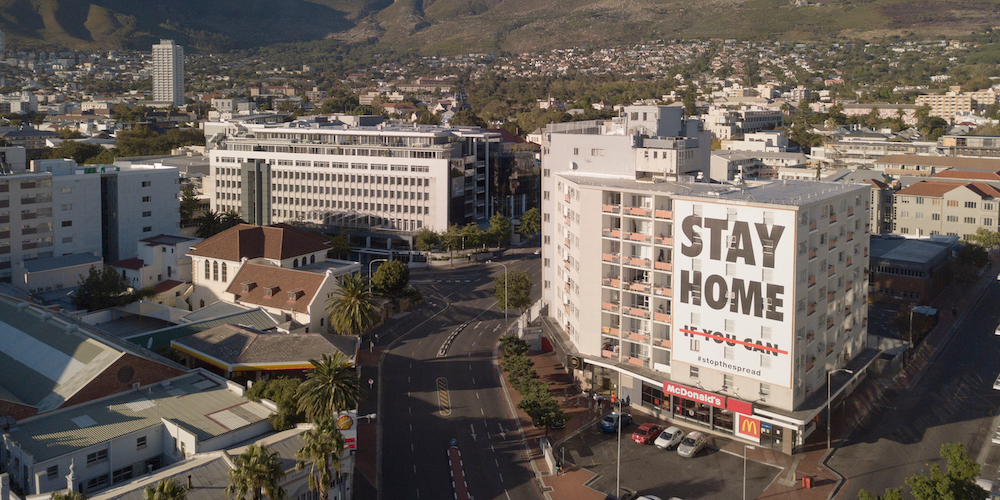
A hospital CEO on lean and the Covid resurgence
FEATURE – As South Africa fights a second Covid-19 wave, the CEO of a hospital group shares some of the lessons learnt so far and how Lean Thinking is helping the organization resist.
Report: Norman Faull, Chairman, Lean Institute Africa
Photo credit: fivepointsix / Shutterstock
A small private hospital group in South Africa has had the same CEO for over a decade. We’ll call him Ezekiel – not his real name but he is keen to protect the group from unnecessary distraction right now. Ezekiel has for several years now been an ardent student of Lean Thinking, reading widely, attending workshops and summits. Two of his favourite books are Andy & Me and the Hospital by Pascal Dennis and The Work of Management by Jim Lancaster. He is a lean magpie, scavenging for value across healthcare, manufacturing and wherever else he can find it.
Indeed, we learn about lean by reading and attending workshops and conferences, but real understanding comes from doing and the development of our skills from doing repeatedly. Ezekiel will deny that he is skilled at lean, and yet lean thinking and practices have effectively spread to many of the hospitals in the group. This has been achieved by trying new things, experimenting, retaining what works, and supporting staff in problem solving.
These hospitals operate in the Covid-19 hotspots here in South Africa, especially now during the second wave. Ezekiel promised an article on the group’s experience during the first wave. His ambition was to report how communication at all levels (via small work teams meeting masked-face-to-masked-face at ward level and group-wide virtual townhall meetings), training, standard work and lots of people focus helped them cope under the very trying conditions so many healthcare workers around the world have been experiencing. The exigencies of the times besieged his group and the report had to wait, but he did write the below email speaking to the situation at the start of the resurgence. I’d like to share it because it might speak to healthcare leaders around the world, who are at the front line of the fight against the pandemic.
"After the initial surge in infections began to abate I was bogged down in the work of steering us through recovery and back into the new stable. […] For a while, the excitement and focus was on preserving the momentum of the crisis to transform our organisation in quieter and calmer times to remain responsive and build the learning and flexibility we have had to practice deeply into our day-to-day lives.
"It has been interesting that emerging out of the first crisis has been more difficult and more sapping than descending into it and living through it.
"We also recognised that we had a few people who just did not fit, who could not come along with us while everyone else was adapting and growing, and had to let them go. While this was needed and has allowed us to pick up again in one of our hospitals that did not fare well, it required direct presence and effort at the gemba to look after and coach the teams left behind.I am really excited that we have replaced the leaders who left with a lean process engineer who came to us from the local automotive industry. Can’t wait to watch this unfold.
"We’ve also spent time deepening the management system in our support systems (finance, HR, IR, Payroll, IT and supply chain) and this is now developing its own momentum as the people in those systems have really taken ownership and left us free to focus on the care of patients.
"One exciting development has been the development of a National PPE Kanban system and we will now extend this into our full supply chain to improve our management of stock and supplies. So far we have had sufficient PPEs on hand at all times – making it possible to protect our people.
"The South African second wave has now engulfed most of the country and the rate of increase in infection, the rate of hospitalisation and, possibly, the rate of death threatens to be higher than it was the first time around.
"That being said, our teams have shown resilience and discipline, quickly slipping back into the PPEs and discipline required to keep themselves and their patients safe. Responding in the crisis seems easy – extending this into the routine is where the challenge lies. Despite the second wave, we have been excited to see that all of our hospitals and teams have been able to respond quickly and flexibly, opening up red zones, tightening up on screening and infection control again and effectively preventing the virus from getting into our system without us knowing, so that we can contain it when we are caring for people both with and without the infection.
"Now that we have what appears to be a more secure way of controlling the infection in our hospitals, we are becoming aware of the need to create safe spaces for our patients, their families and our people and their families in their homes, their communities and systems of public transport. This is where the risk of infection now seems greatest.
"Finally, we are grateful for the way our teams have responded and adopted standard work, solved problems and shared their learning so far. This has made it possible for us to avoid closures, cut backs and layoffs and our economic position is almost back to where it was at the end of March – probably even a bit stronger because of our new discipline. We are doing what we can to ensure this lasts."
THE AUTHOR
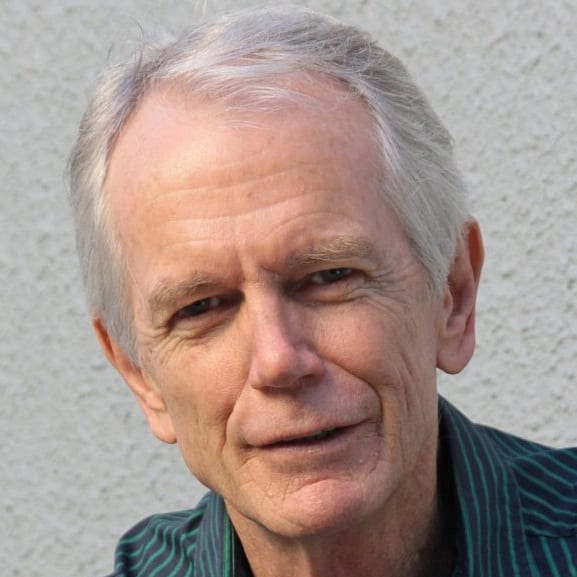
Read more
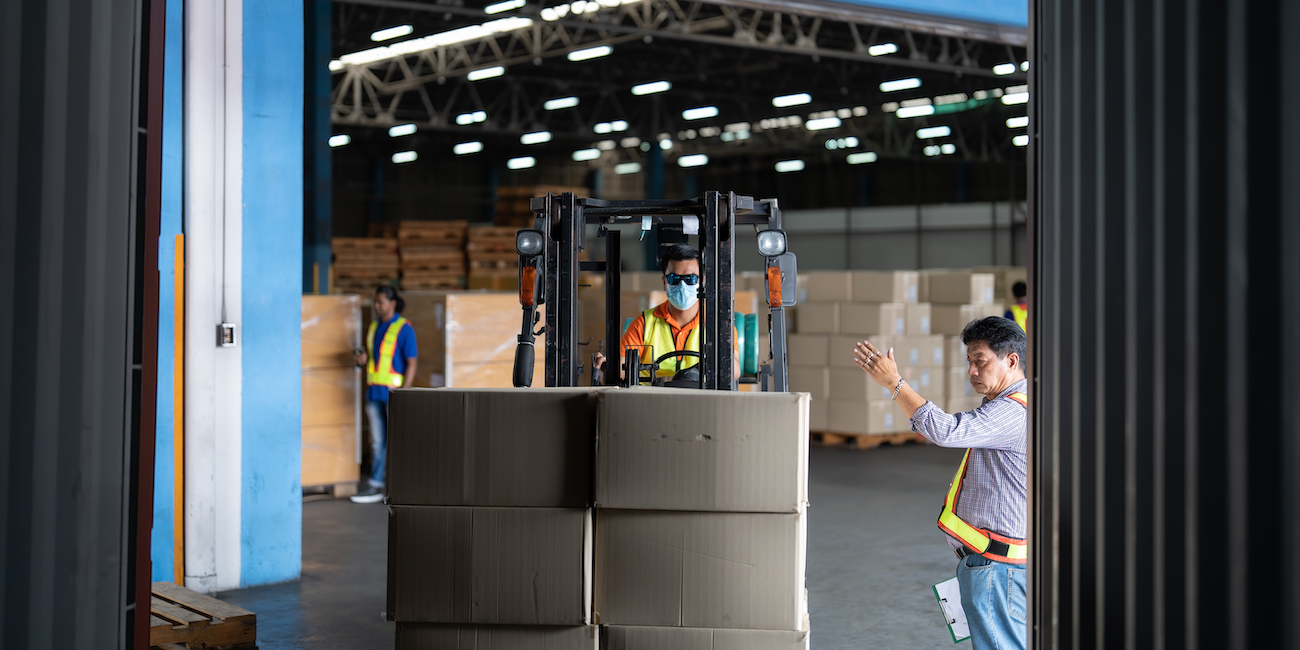

FEATURE – There is more to logistics than an ancillary process that supports the rest of the company. But then, why do we never have a plan for it, like we do for manufacturing?
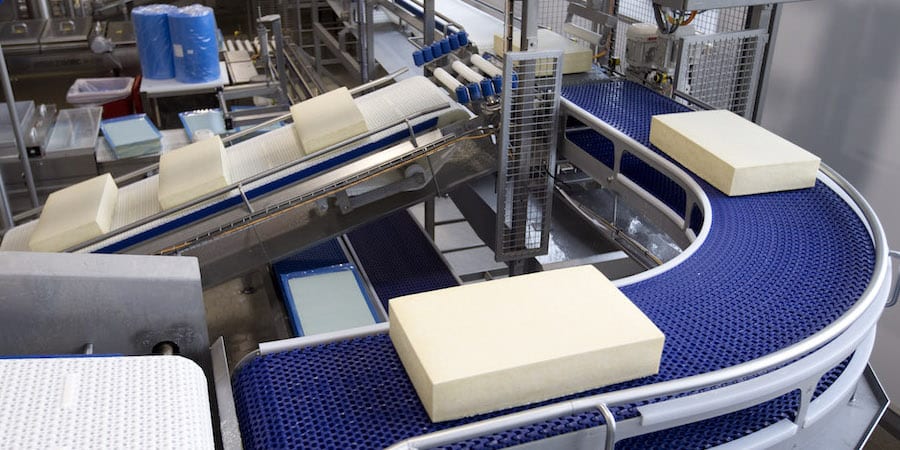

INTERVIEW – One of the world's largest dairy cooperatives, FrieslandCampina, has embarked on an ambitious global lean journey. Along the way, they found how critical leadership engagement is.


INTERVIEW – PL speaks to one of America's leading experts on the Toyota Production System about Toyota's unique approach to integrating product development with all other functions in the business.
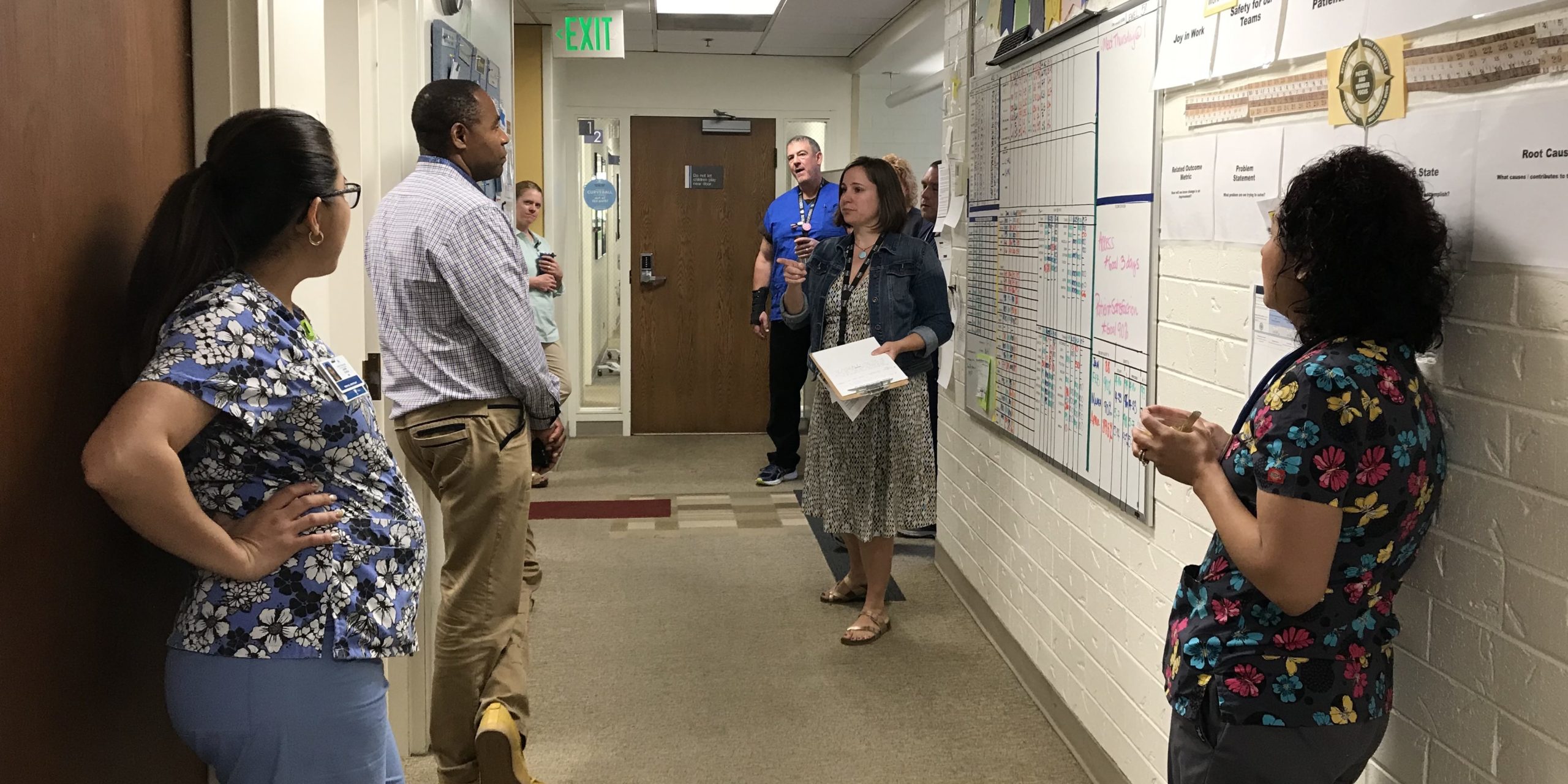

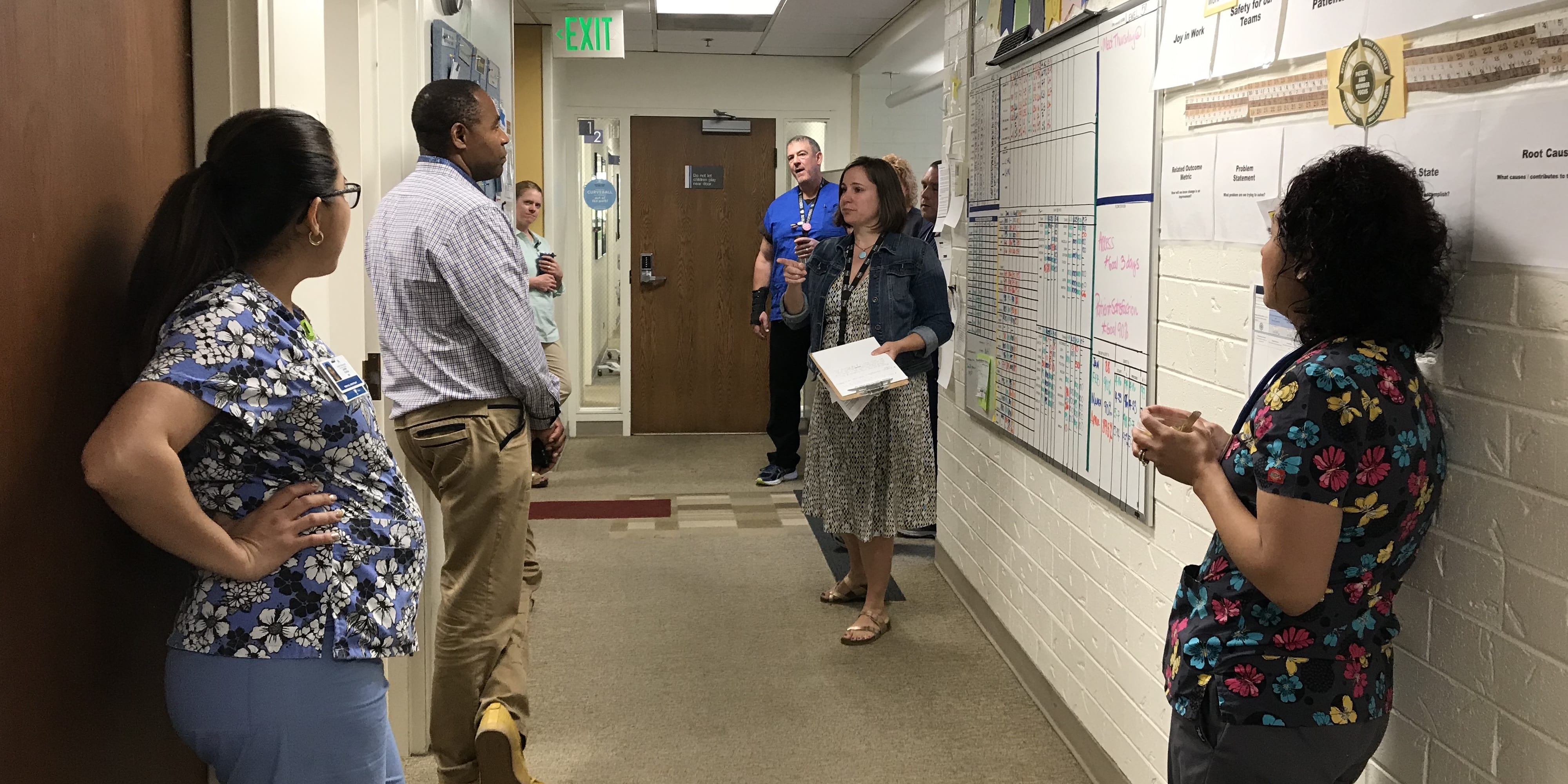
CASE STUDY – A physician tells PL the story of how the East Denver Medical Office became a catalyst for the lean transformation at Colorado Permanente Medical Group.

